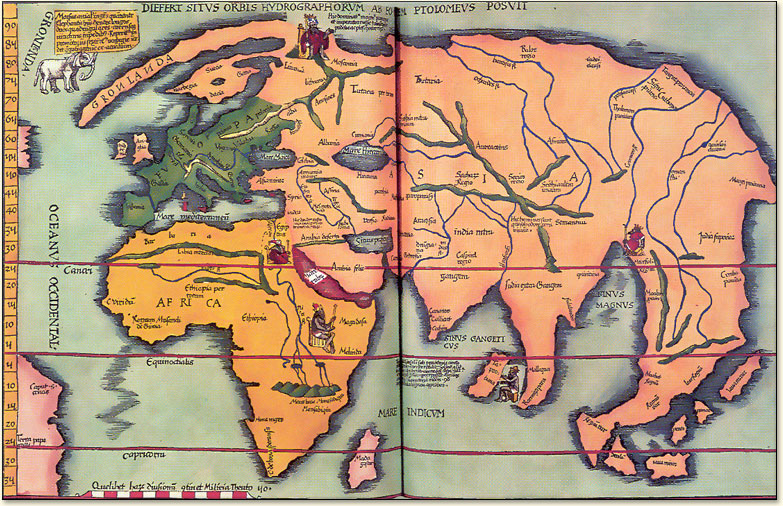Hi all. I've lately been considering the effects of a Roman Republic/Empire that had done more to exploit West African resources via sea trade ( whilst the Roman Republic/Empire OTL was more transfixed by Eastern wealth via conquest as well as trade ) and the potential economic boon this may have held. Historically the Canary Islands were known to the Greeks, Carthaginians as well as the Romans ( noted by Pliny the Elder ) and if such islands would be a perfect spot for Roman colonization as a result of West African sea trading routes, and may have prospered.
I was wondering what people on the forum would think A) About far more Roman emphasis on West African sea trade routes. B) The potential of Island Colonies around the West African coast i.e Madeira, Canary Islands, Cape Verde, Bissagos Islands ( which would save on major military expenses on creating and protecting mainland African colonies ). And C) The long term effects...
I was wondering what people on the forum would think A) About far more Roman emphasis on West African sea trade routes. B) The potential of Island Colonies around the West African coast i.e Madeira, Canary Islands, Cape Verde, Bissagos Islands ( which would save on major military expenses on creating and protecting mainland African colonies ). And C) The long term effects...
